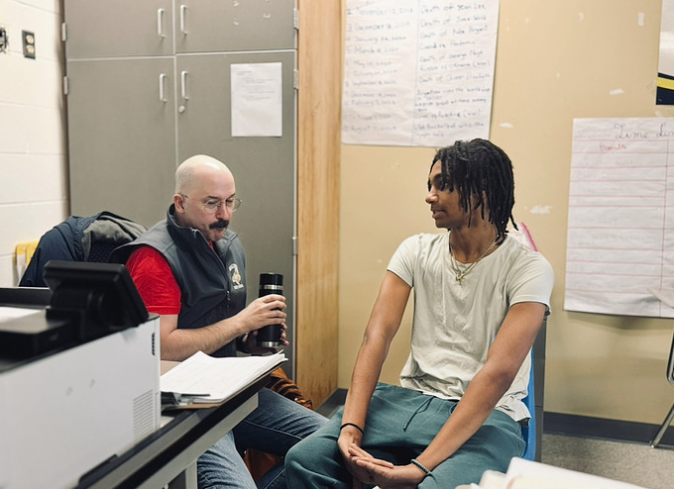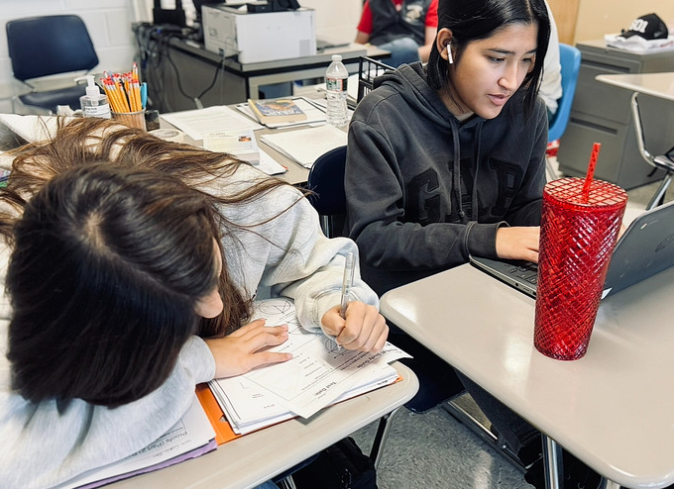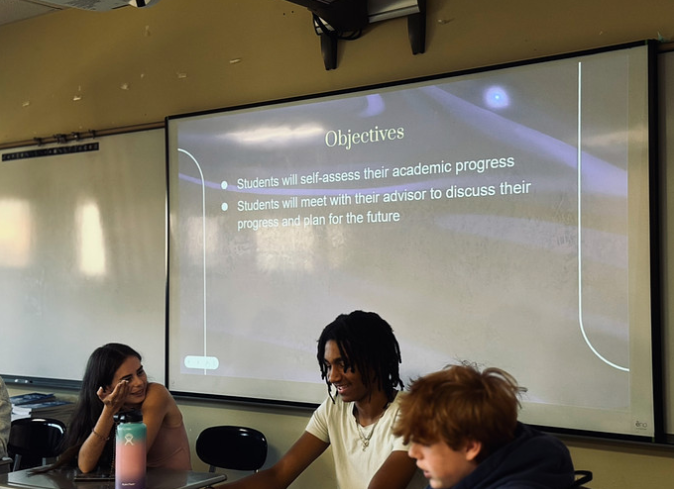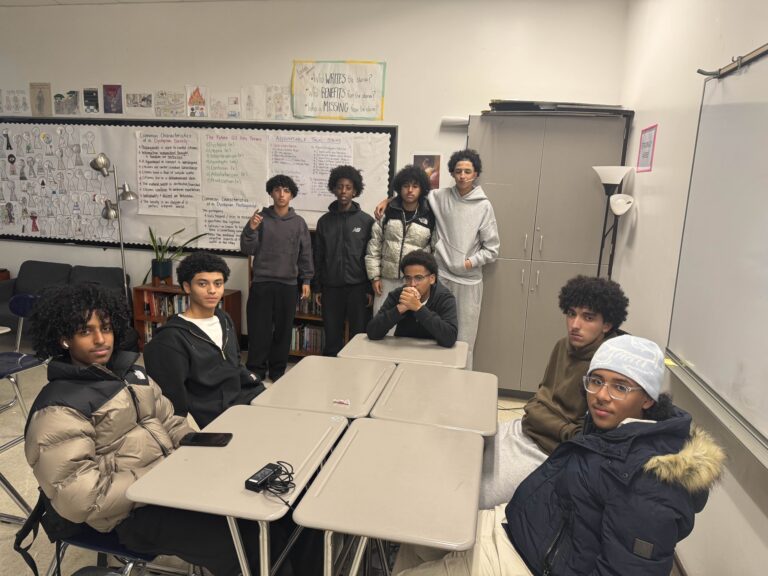
Advisory classes are a curriculum that is shared across many school districts all over the country, with the intended purpose of teaching social and emotional learning among students. This small period of the day is a time for students to take an academic break to interact with new groups of people, share interests, and establish meaningful connections. The implementation of advisory at Malden High School has sparked controversy, with many students and staff questioning its necessity, some embracing it, and a few simply ignoring its existence.
Advisory was first introduced in the 2023-2024 school year, and its first year was not perfect. Students and teachers alike were getting used to this new “class,” trying to understand the use of it as well as getting to know each other.
“We changed the current format to once a week based on the feedback we got from the students and faculty last year,” stated Malden High School principal Chris Mastrangelo. He elaborated that the now annual survey would be sent out soon to hear from more voices on how the curriculum has improved or can still be improved, “I have not heard a lot of negatives this year, but we haven’t done the formal survey and that’s coming up.”
“I think it was just too much to do it twice a week because honestly, I don’t think my advisory likes it that much. I think doing it just once a week as opposed to twice a week might turn into something better,” expressed English teacher Dr.Charles Redmond, continuing by describing last year’s schedule as “overkill.” He disliked last year’s frequent number of advisory days due to how little productivity would occur and how overwhelming it was for him. He now prioritizes the multiple enrichment classes every gold day by giving his students thirty minutes of independent reading time, allowing them to get more work done.

Dr. Redmond believes that having advisory can be useful to students, with his only issue being that the periods took place too frequently. Regardless, it is still believed by him to be beneficial to the students, providing them with a teacher to look up to as a resource. He, however, is not the only person to agree on this.
English teacher Jennifer Clapp has a similar belief when it comes to advisory. She has worked in private institutions years before in which they had also participated in the curriculum.
“I am very pro-advisory. Before I came to Malden High School I taught [in] a prep school, and advisory is the foundation of all prep schools because it really provides an extra layer of support in education and connectivity,” explained Clapp. “The idea of it all is that you’ll be with the same people all four years, you start to develop new relationships, with the teacher who is not your academic teacher but is an adult that hopefully you can trust, where they can support you, you could go to them if there is any issue. I think that’s really important to have somebody who’s not your academic teacher to confide in.”
Since its implementation, some students have avoided the period, creating an obvious issue in the hallways.
“I find advisory very fun but I would like to use that class to finish work sometimes as I have done it in the past,” expressed sophomore Jhillian Rose Dumo. “I think the class is not really necessary. I think students should be allowed to treat it like a study block because it gives a higher chance of getting work done and passing!”
“I have not heard of advisory before this year,” expressed freshman Liliana Lin. “I personally like the class, because I use it to catch up on work, but I don’t see it needing to be enforced as much.”

A prevalent issue last year was the large number of students roaming the halls while skipping advisory. This year, starting November 12th, the faculty is taking measures to ensure that there is less traffic in the halls and fewer students skipping. By November 12th, teachers will lock their doors and if a student is tardy, hallway monitors will escort the student to class.
“I do think they’re responding better across the board. Advisory attendance has gone up,” continued Mastrangelo. “I think the fact that it’s once a week has changed the attitudes of students and some staff, but the other piece is that last year all of the house principals had advisories, but this year they do not, so they’re in the hallways more. It could be a piece of that, too.”
The upcoming survey will help the administration to decide what works best for teachers and students during this period. The question is: How will the students of Malden High continue to respond and adjust to advisory and grow to accept the curriculum?




